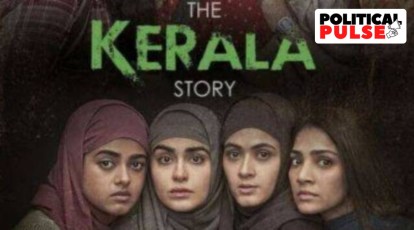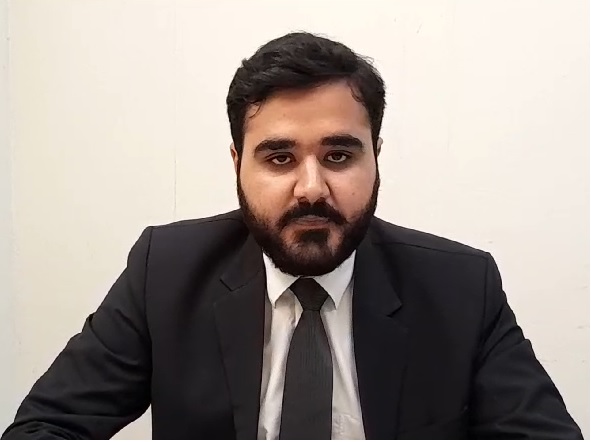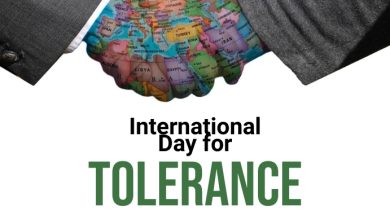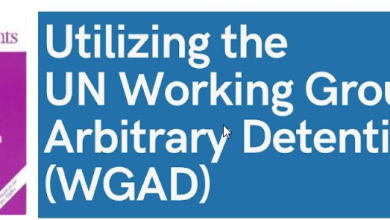
 Imagine a country where there are people of different ethnicities and faiths, living together and trying to live a peaceful life, then you see their soft media releasing films that can harm a certain group of people that have different faith from majority and those films can also ignite and help make presumption about that specific faith believers, and to make the situation much worse, the government of that country starts to support the filmmakers of those films.
Imagine a country where there are people of different ethnicities and faiths, living together and trying to live a peaceful life, then you see their soft media releasing films that can harm a certain group of people that have different faith from majority and those films can also ignite and help make presumption about that specific faith believers, and to make the situation much worse, the government of that country starts to support the filmmakers of those films.
The same situation is happening in India where the sentiments are getting ignited by some of the filmmakers that are getting support by BJP government. The main aim of these filmmakers are spreading hatred towards minority groups which can contribute to the further marginalization of vulnerable communities by using propaganda techniques like “The Big Lie” ; a propaganda strategy that was used by Adolf Hitler, that is originated by Mein Kampf which says “The great masses of the people… will more easily fall victim to a big lie than to a small one” and “Repeat a lie often enough and it becomes the truth” that is also attributed to Nazi Government. One of the example is the recent film “The Kerala Story”.
This film was directed by Sudipto Sen, that flamed a storm of controversy, painting a disturbingly hate picture of Kerala as a place of forced conversions and objectifying women by showing women a channel to ISIS. “The Big Lie” of this propaganda film was it’s central claim that 32000 women were converted to Islam and trafficked to ISIS, which got into widespread criticism. After the film getting legal notices, the director admitted that this number was “exaggeration,” reducing the exaggerated number to “3”. While the experiences of these three women are undoubtedly significant, framing them as part of a mass conspiracy is not only fraudulent but deeply irresponsible.
The film’s narrative ignores the ground reality that is radicalization in India, that is rapidly spreading among the public. Official report claims that only 66 individuals joined ISIS from India, with only 3 women from Kerala exposing the big lie propaganda technique of this film. Contrary to this, countries like UK, France and Germany, with significantly smaller Muslim populations, have witnessed far more numbers of individuals joining extremist groups like ISIS. This explicit difference completely exposes the film’s true agenda: to demonize and propagandize an entire state and its Muslim community based on a handful of cases.
The film also presents the dangerous myth of ‘Love Jihad’, a conspiracy theory that claims there is a systematic procedure to convert non-Muslim women through marriage. This propaganda not only portrays Muslim men but also exploits women, portraying them as rag dolls. Multiple investigations, including by the National Investigation Agency (NIA), have disproved the existence of such organized work. The film’s success seems to be based on its use of fear and self-doubt. By including a few cases and framing them as a conspiracy theory, it attempts to launch a campaign against certain governments and Muslim minorities. This trick is unfortunately understood by a group of people who like to believe the worst about ‘”others”. The controversy surrounding “The Kerala Story” is not just about a single film; it is a reflection of a broader trend of political polarization and the weaponization of media narratives, using Bollywood for spreading hatred and propaganda for political gain. We can see movies like Kashmir files, Mission Majnu, Ek tha tiger and Article 370 that are intoxicated with propaganda. BJP following the footsteps of Hiter’s Rule in a country as diverse as India is a dangerous fire to play with.
Filmmakers have a responsibility to ensure that their work is based on truth and does not contribute to the continued exclusion of underprivileged communities. Likewise, the public of India and Indian media have a responsibility to examine such stories and separate facts from propaganda. Ultimately, the debate on the “Kerala story” highlights the need for a more inclusive discussion on religion, identity and social relations. A society that celebrates diversity and rejects the politics of fear and division can only be built through open and honest dialogue based on compassion and commitment to truth.
The writer is a student at National Defense University, Islamabad and is currently serving as an intern at Kashmir Institute of International Relations.








